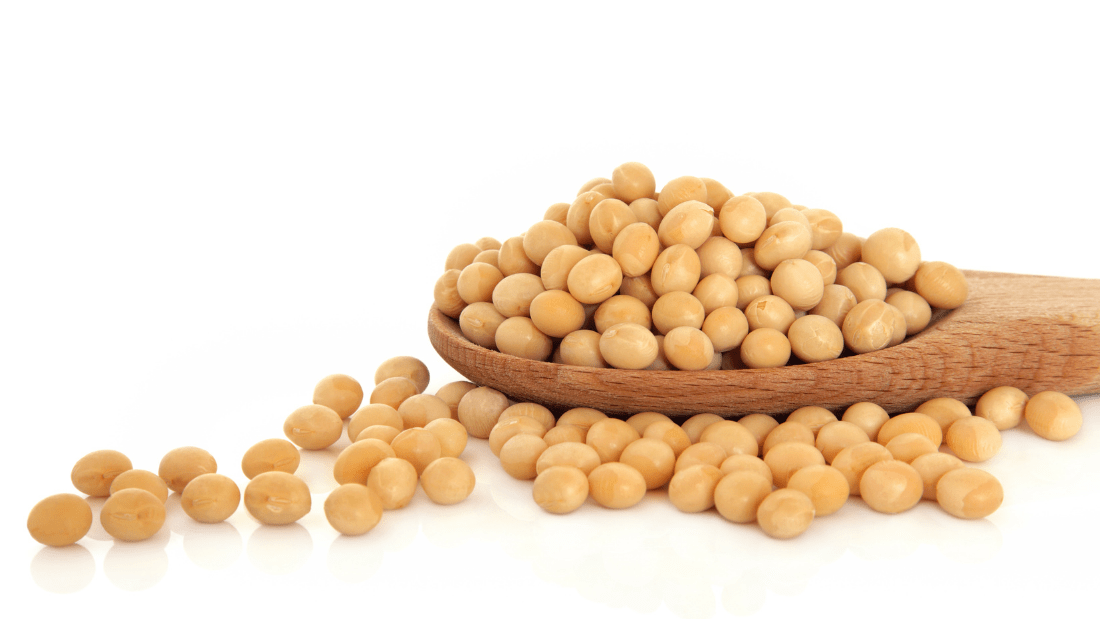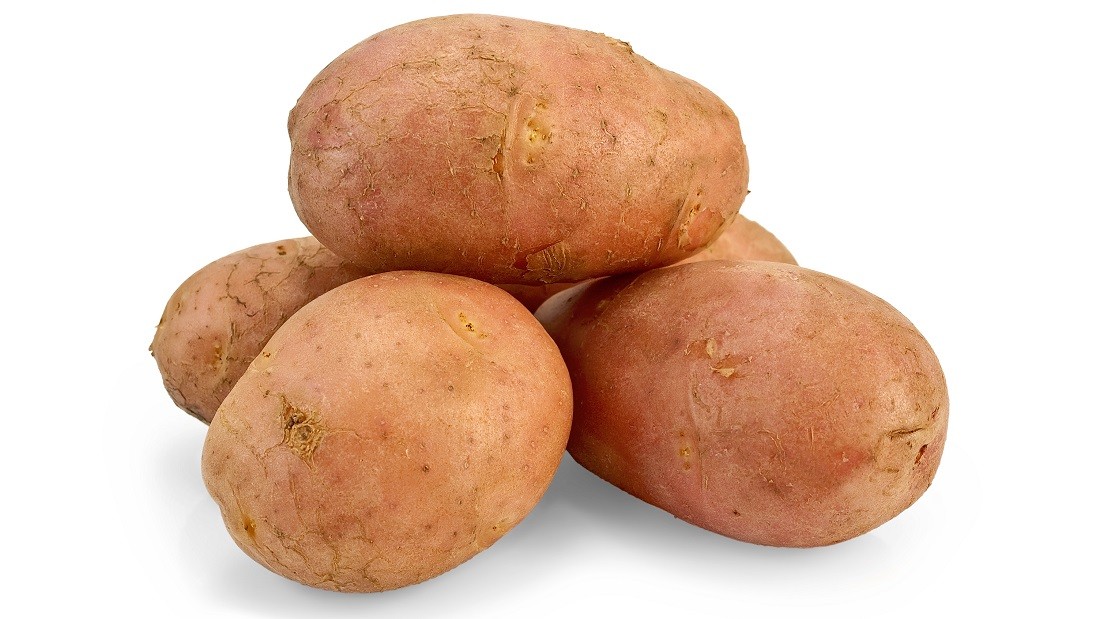Potassium

How much do you need daily?
Adults need 3500 milligrams of potassium per day. You should be able to get all the potassium you need from your daily diet.
The government recommends the following intakes
| Age |
Amount of potassium recommended (milligrams per day) |
|---|---|
| 0-3 months |
800 |
| 4-6 months |
850 |
| 7-12 months |
700 |
| 1-3 years |
800 |
| 4-6 years |
1100 |
| 7-10 years |
2000 |
| Males |
|
| 11-14 years |
3100 |
| 15+ years |
3500 |
| Females |
|
| 11-14 years |
3100 |
| 15+ years |
3500 |
| During pregnancy |
No increase required |
| Breastfeeding |
No increase required |
Are we getting enough?
The 2016 National Diet and Nutrition Survey found that a one in three teenage girls and one in four adult women, are failing to meet targets for potassium. This situation for males is not much better with 15 per cent of teenage boys and one in ten adult men falling short.
The 2016 European Prospective Investigation into Cancer and Nutrition-Oxford (EPIC) study found no significant differences in potassium intakes between meat-eaters, fish-eaters, vegetarians and vegans.
Why do we need it??
Potassium plays a key role in balancing fluids in the body, nerve signal transmission, heart muscle contractions and in kidney health. A diet rich in potassium helps maintain healthy blood pressure, kidney function and helps prevent kidney stones by neutralising acid.
There’s no need to take potassium supplements but if you do, taking up to 3,700 milligrams per day is unlikely to cause any harm. However, high doses can cause diarrhoea, nausea and stomach pain. Older people may be more sensitive to high doses of potassium due to reduced kidney function and shouldn’t take potassium supplements unless advised by a doctor.
Do I need a supplement?
No, a healthy vegan diet containing the above foods on a daily basis will cover your needs.
The best plant sources

The best plant sources of potassium include pulses (kidney beans, soya beans, adzuki beans, lentils, tempeh – fermented soya beans and edamame), potatoes (old, new and sweet potatoes), dried fruit (apricots and figs), squash (acorn and butternut), avocado, spinach, broccoli and bananas.
Although whole grains are wonderful foods, remember to also include plenty of pulses (peas, beans and lentils) and starchy veg (potatoes and sweet potatoes) which are good sources of potassium.
Signs of deficiency
Weakness, tiredness, muscle cramps, nausea, vomiting, tingling or numbness, constipation, irregular heartbeat, feeling thirsty all the time and passing large amounts of urine and depression.
Foods to include
| Food |
Milligrams of potassium per portion |
% of recommended daily amount (3500 milligrams) |
|---|---|---|
| Potatoes, baked (medium, 180g) |
1080 |
31 |
| Apricots (6 dried, 48g) |
902 |
26 |
| Acorn squash (baked, 1 cup, 205g) |
902 |
26 |
| Sweet potato, baked (180g) |
864 |
25 |
| Potatoes, new boiled (175g) |
660 |
19 |
| Avocado (1 medium, 145g) |
653 |
19 |
| Spinach (baby raw, average serving, 90g) |
614 |
18 |
| Dried figs (3 fruits, 60g) |
582 |
17 |
| Butternut squash (1 cup, 205g) |
574 |
16 |
| Soya beans, cooked 2-3 tablespoons (90 g) |
460 |
13 |
| Broccoli, steamed (large portion, 110g) |
410 |
12 |
| Adzuki beans, boiled (2 tablespoons, 70g) |
400 |
11 |
| Banana (one large without skin, 120g) |
396 |
11 |
| Lentils, green and brown, cooked (120g) |
372 |
11 |
| Tempeh – fermented soya beans (100g) |
370 |
11 |
| *Soya beans – edamame (large portion, 90g) |
385 |
11 |
Source: Public Health England: McCance and Widdowson’s The Composition of Foods Integrated Dataset, *USDA Food Composition Databases.
Contrary to popular belief, bananas are not an exceptional source of potassium compared to many other plant foods, with one banana supplying just 11 per cent of your daily needs. However, as part of a varied, vegan diet, bananas can provide useful boost to your potassium intake.
Additional information
Everything we eat forms either acids or alkalis when digested and there has been much debate about whether acid-forming foods, such as meat, cheese, sugar and alcohol, can result in weaker bones. The theory is that acids need to be neutralised and the body does this by taking calcium from the blood, muscle or bone, and that too much acid can result in a reduction in the amount of calcium needed for healthy bones.
Studies suggest that increasing your intake of alkalis may reduce the loss of calcium from bone. So, the potassium in fruit and vegetables may have the potential to reduce the risk of bone loss and increasing your consumption of these healthy plant foods might help combat osteoporosis.
This post has been categorised in: A-Z of nutrients, A-Zs, Health
